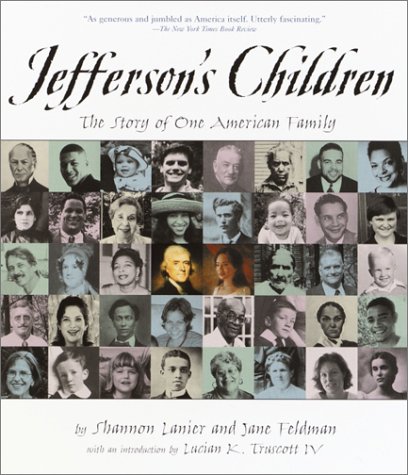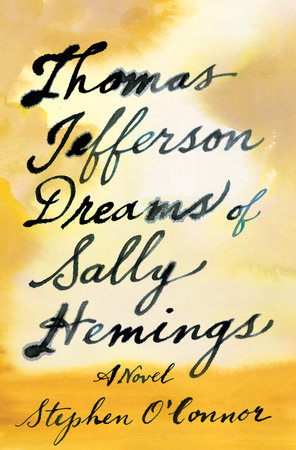Thomas Jefferson, Sally Hemings, and the Question of Race: An Ongoing DebatePosted in Articles, Biography, History, Media Archive, Slavery, United States on 2017-02-19 20:04Z by Steven |
Thomas Jefferson, Sally Hemings, and the Question of Race: An Ongoing Debate
Journal of American Studies
Volume 37, Number 1 (April, 2003)
pages 99-118
DOI: 10.1017/S0021875803007023
Peter Nicolaisen (1936-2013), Professor of English Emeritus
University of Flensburg, Germany
Not many private relationships in history have received as much press attention in recent years as that between Thomas Jefferson and his slave Sally Hemings. First alleged in 1802 by the journalist James Callender, who based his account on stories that had been current in Virginia for some years, the affair has since then been debated both in the scholarly community and by the general public to an unparalleled degree. The results of the DNA tests on male descendants of the Jefferson and Hemings families that were published in 1998 have added fuel to the debate. Meanwhile, its focus has shifted. The majority of those who have publicly expressed an opinion on the case, including the Thomas Jefferson Memorial Foundation which owns and administers Monticello, now seem to agree that a sexual relationship between Jefferson and Sally Hemings did exist, and that it resulted in a number of children. The questions addressed today primarily concern the implications of the affair. What does the liaison between Jefferson and Sally Hemings mean for our understanding of the man Thomas Jefferson, and how does it affect the accomplishments he has generally been credited with? Given the little we know about her, how do we view Sally Hemings’s role in the relationship, and how do we come to understand her as an individual living out her life in bondage? What, if any, are the consequences the affair has for an evaluation of interracial relationships as they existed in the late eighteenth and early nineteenth centuries?…
Read the entire article here.




